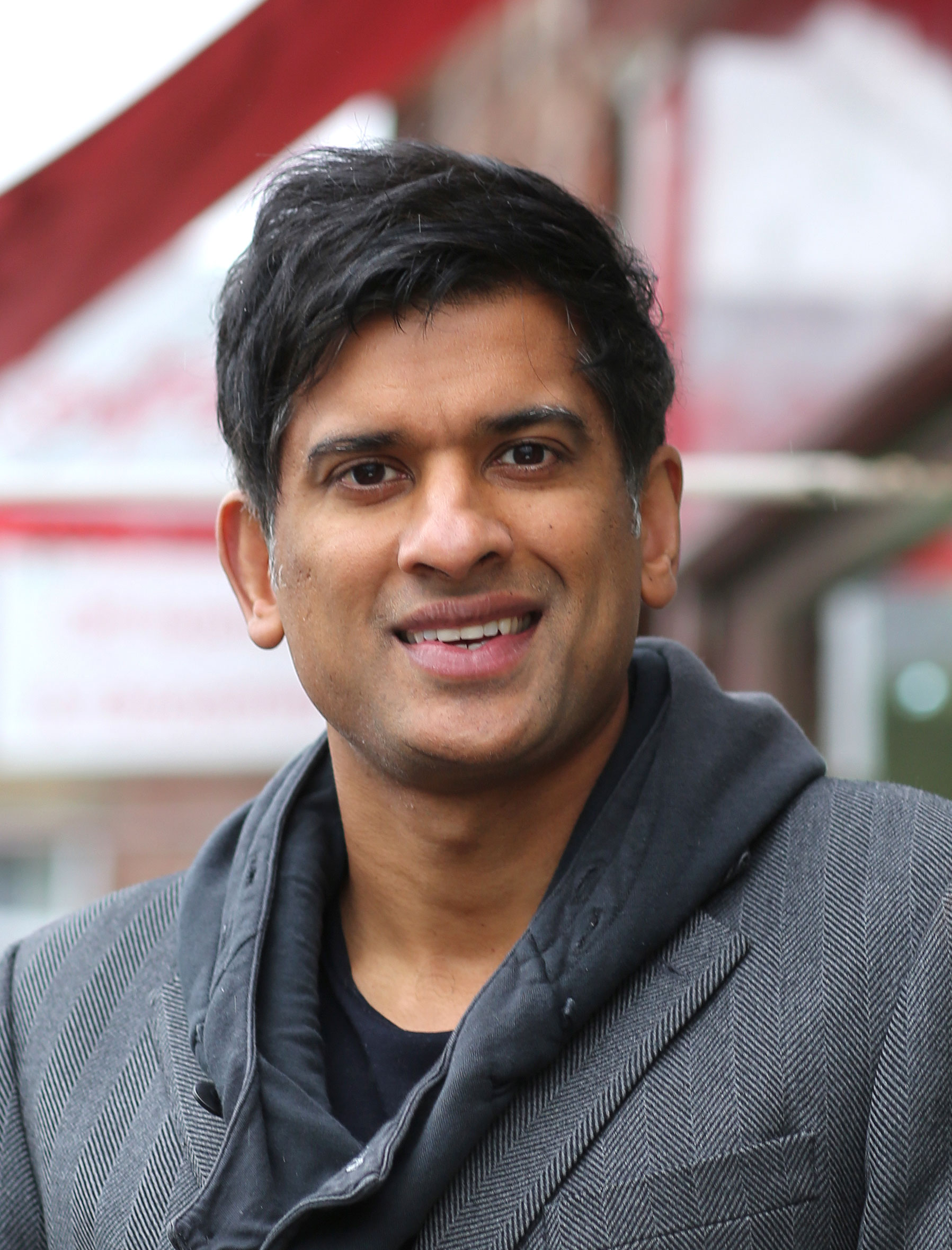The 3 most important rules to follow to improve your health and wellbeing – for the long-term

Everyone wants to make a change. People always tell me, “I want to be healthy. I want to feel better than I currently do, but I don’t have time.” Time can be the biggest obstacle for those with hectic lives, involving multitude other things to juggle. So how can you address that?
I’ve been seeing patients for almost 20 years and I’ve witnessed, over and over again, what tends to work and what tends to not work. Anything works for two or three weeks: you can pick any health plan or book you want. If you follow it for a while you will probably feel better. But the problem is that particular change is short-term and not sustainable. And so that’s what really drives me is how can you make sustainable change – how can you make change last?
With my book, Feel Better In 5, I found a formula. Here are three important rules to follow for positive long-term changes to your wellness.
Rule One: Start small
If you want to make a change, you have to make it easy. My research has shown that when you start small, you can make it viable and consistent. I had a patient who tried to exercise for 40 minutes, three times a week. I saw him a month later and asked how it was going. He was sheepish: “Work has been really busy. The gym is expensive. And it’s not that near to work.”
So I said, “Right, I’m going to teach you a bodyweight workout that only takes five minutes, twice a week.”
He went away and came back one month later. This time his body language was completely different and he had a big smile on his face. He said: “Doc, I started off doing it for five minutes, twice a week and loved it so much. It’s so easy and now I do it for ten minutes every evening before I have dinner.” He’s been doing that for five years now.
Rule Two: All-rounder
You can’t just focus on one area of your health if you want to make feasible change. For example, many people try to give up alcohol or sugar. And again, they will manage to do so for maybe one to three weeks. After a while, most people, bit by bit, start to revert back to their pre-existing behaviours.
Why does this happen? For many, the reason they over-consume sugar or alcohol is because that’s their way of coping with stress. If you don’t address the stresses, you’re never going to change the behaviour in the long-term.
I have always found it much more beneficial for people to take a rounded approach to health. I thought about those components of wellness and have kept it simple: mind, body and heart. By breaking up our approach to wellbeing in such a way, that gives us 360-degree health.
Rule Three: Habit forming
We’ve been conditioned to think that health has to be hard. But if you spend five minutes a day on your mind, body and heart, I guarantee that you will start to feel better. And that will apply to anyone. Just choose three: one from mind, one from body and one from heart. Then they will become custom.
Here is a fact: 56% of what you do on any given day is not conscious thought, it’s routine. We give our minds and our brains far too much credit when we are actually creatures of habit. But you can piggyback a habit into an existing behaviour.
For example, in the morning I will have a coffee in the French press. I set the timer for four minutes, because that’s how I like my coffee. In those four minutes, I will do bodyweight squat workouts. I’ve done these every morning for three years and have never missed doing a workout. That’s because, for three years, I’ve never missed having a hot drink in the morning.
We owe it to ourselves, in this fast-paced modern world, to have these little micro-doses of health each day in these three separate areas.
By making small tweaks to your lifestyle you can improve the way you feel. What’s more, these will prove to be changes that actually last.
Dr Rangan Chatterjee is medical doctor with over 20 years experience who treats you as an individual. I take a 360° approach to health by focussing on my 4 pillars of health: Food, Movement, Sleep and Relaxation. His goal is to empower you to become the architect of your own health. He believes that when we are healthier, we are happier because when we feel better, we live more.
For more ways to improve your wellbeing in a few minutes a day, click here













